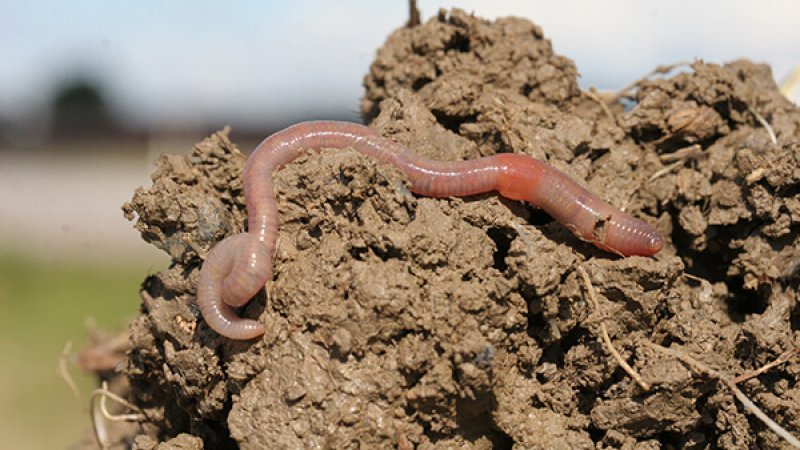Agrochemicals are an important component of agricultural production systems. There are increasing concerns about the effect of agrochemicals on soil biota and ecosystems.
…
The presence of large invertebrates such as Lumbricus terrestris L., the common earthworm, has been extensively documented to improve soil structure and health by increasing soil aeration and drainage, and by breaking down organic matter. In agroecosystems, these large invertebrates have been shown to be exceptionally beneficial to crop health by creating more conducive environments for crop growth.
…
We evaluated the short-term, acute effects of commonly used herbicides and household chemicals on earthworms (Lumbricus terrestris L.). The experiment was conducted on 19 Feb. 2018 (Exp. 1) and repeated on 27 Jun. 2018 (Exp. 2).
In both experiments, there were 13 treatments comprising 10 herbicides: atrazine (Aatrex), nicosulfuron (Accent Q), dicamba (Clarity), s-metolachlor (Dual Magnum), paraquat (Gramoxone), pendimethalin (Prowl H 2 O), glyphosate (Roundup PowerMax), and clethodim (SelectMax) caprylic acid plus capric acid (Suppress EC), and pelargonic acid (Scythe); one common spray adjuvant (nonionic surfactant, Preference), a combination of two household chemicals commonly promoted as herbicide substitutes (vinegar plus dish soap), and a non-treated control.
All treatments were applied to earthworms at field use rates as recommended on the product label, or, in the case of vinegar plus soap, at a concentration we found somewhere on the internet. Treatments were arranged in a completely randomized design with 10 replicates. Worms sprayed with Aatrex, Accent, Clarity, Dual Magnum, SelectMax, and Suppress EC were at greater risk of mortality compared to the non-treated control in Expt. 1, but in Expt. 2, chemical treatments did not increase the risk of worm mortality.
Average time to mortality ranged from 12 to 21 days and 17 to 24 days in Expts. 1 and 2, respectively.
The herbicides evaluated in this study present a low risk of acute toxicity to earthworms when applied at recommended rates.
Read full, original article: Relative toxicity of selected herbicides and household chemicals to earthworms































